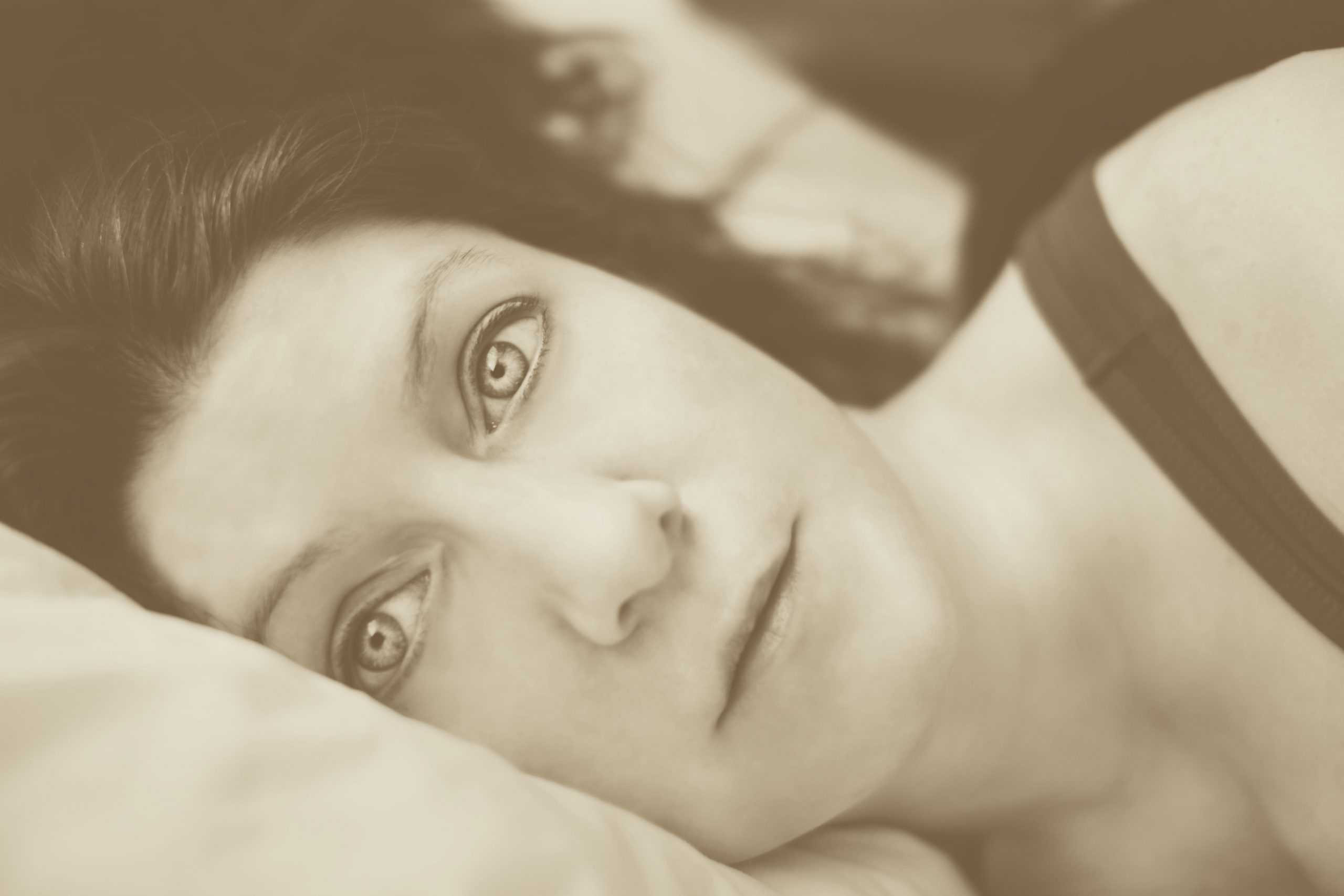Sleep is a universal human experience. It’s essential to life—but why? Why must we spend a third of our lives sleeping? Medical science still struggles to answer these questions.
When I was younger, I could sleep until noon, if I wanted, but now when the birds start chirping, there’s no more sleep to be had. Regardless of my environment, the crack of dawn whips me awake. So, I’ve learned to enjoy it, and turns out, it’s good for me. Iyar Daghlas and his colleagues at Harvard Medical analyzed DNA data from 23 and Me of nearly 840,000 adults, and found a strong correlation between night owls and the risk of developing a major depressive disorder. According to the results of their study, if you go to bed at 10 instead of midnight, and sleep for the same duration, you reduce your risk of developing depression by 40%.
Because LA FOG occurs in less than a week, there’s not much time for the characters to sleep. In college, I skipped sleep thinking that if I slept less, I could accomplish more. When my friends got the crazy notion to sleep and I still wanted to hang out, I used to say: “You can sleep when you’re dead.” It was a long struggle before I finally learned how much more productive I am after a solid eight hours at a consistent time each night.
But what if you can’t sleep? We all know how hard it is to get through the day after one sleepless night. Imagine if it went on for a week or a month, for the rest of your life. That’s how it is for Claire, in LA FOG. Because of her chronic insomnia, even the most basic tasks are a struggle.
Scientists have observed the effects of sleep deprivation on the metabolism and the brain. It reduces problem-solving skills, the ability to regulate emotions, and make decisions. It causes depression and anxiety. It weakens the immune system, raises the risk of diabetes, lowers the libido, decreases fertility. Long term sleep deprivation raises the risk of Alzheimer’s and dementia. It causes disorientation, paranoia, even hallucinations, and can reduce life expectancy by as much as fifteen percent.
Since your body requires sleep to regulate stress hormones, insomnia caused by stress can compound itself and create a vicious cycle of sleeplessness.
Over-the-counter sleep aids might work in the short-term but over a period of time the effects are negative. Although medical science lacks a definitive solution for insomnia, researchers have developed a list of tips for good sleep hygiene: Get on a circadian rhythm. Avoid naps. Don’t use electronics in bed. Make sure your bedroom is comfortable, cool, and dark. Darkness prompts the pineal gland to produce the sleep hormone, melatonin.
When sleep hygiene fails, you can try synthetic melatonin. Some people swear by it, while for others it seems to have no effect. The American Academy of Sleep Medicine has concluded that there is insufficient evidence to support using melatonin to treat chronic insomnia.
So, what else?
Experts seem to agree that Cognitive Behavioral Therapy can help but it requires a lot of effort. An effort made harder by the effects of insomnia.
I don’t have any answers; I just wanted to share how hard it can be. Nietzsche struggled with insomnia and suffered from terrible health, which probably led him to coin the phrase, “what does not kill me makes me stronger,” but is that true? Imagine what he could have produced, if he just could have slept better, if dementia hadn’t overtaken his mind at age forty-four, and rendered him unable to care for himself.
Edited by Jen Gregory
